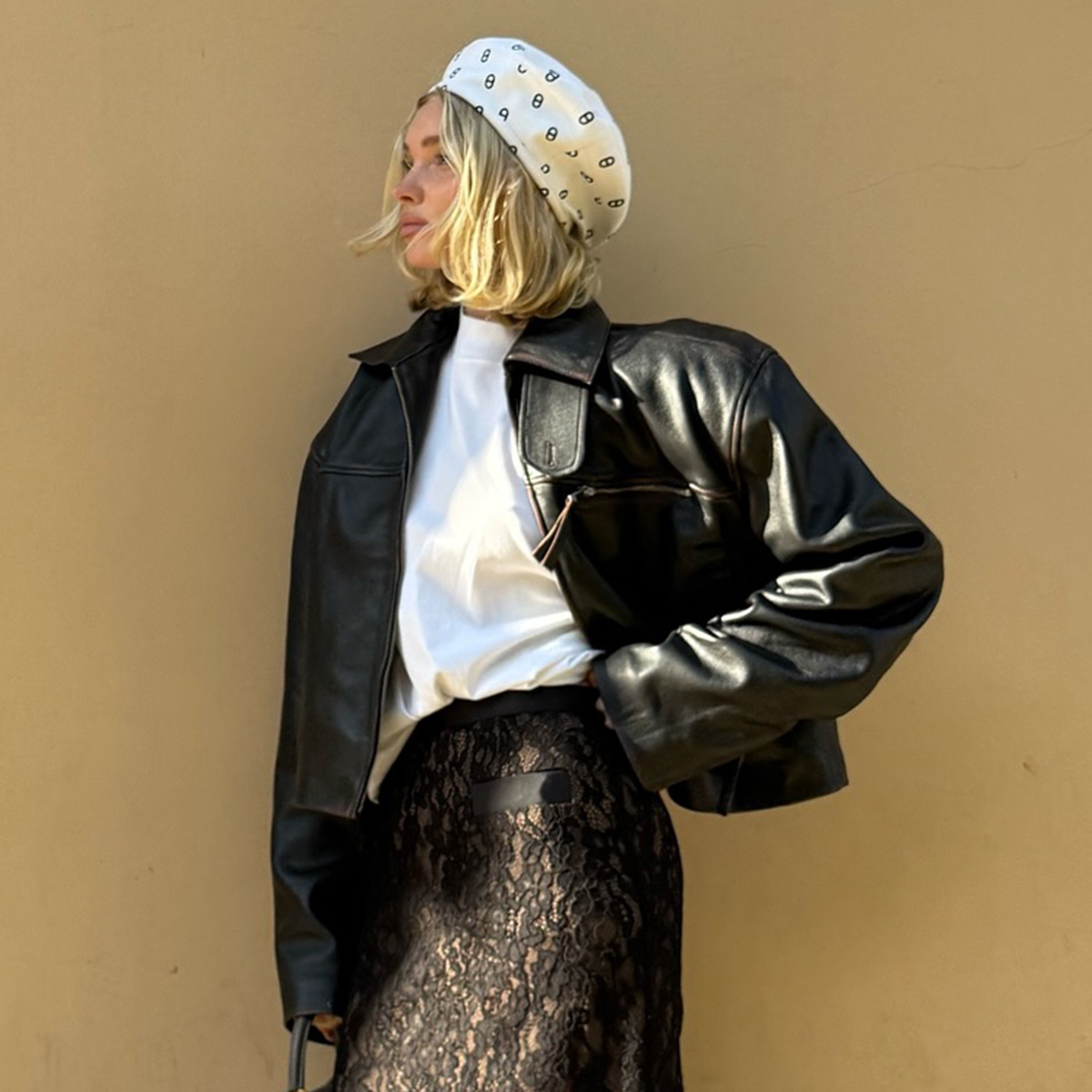If You Have a Damaged Skin Barrier, This Scandinavian Skincare Secret Can Help


Redness, dryness, and inflammation are all signs of a damaged skin barrier. For context, the skin barrier is, well, pretty much what it sounds like. It's the top layer of the skin that keeps all the good stuff in (like moisture) and all the bad stuff out (like environmental aggressors). When it's compromised, it often does the reverse, leading to less-than-ideal skin symptoms that leave many of us desperate for a solution.
Some of the most common solutions include laying off harsh active ingredients like retinol or exfoliating acids, incorporating omega fatty acids and ceramides into your routine, and slugging to lock in moisture. All of these are tried and true, but what if I told you there's another skincare ingredient out there that continually supports the skin barrier because it's naturally rich in antioxidants (vitamin C especially) and even has anti-inflammatory properties? I'm talking about cloudberry, a plant that's native to northern regions, including Scandinavia.
What Is Cloudberry?

Lauren Penzi, MD, is a dermatologist at MDCS Dermatology. "Cloudberry (aka Rubus chamaemorus) is a golden-yellow berry (when ripe) that is native to cold temperate regions like Scandinavia. The fruit also goes by other names including Nordic berry, bakeapple, and averin. It is a member of the rose family."
Blair Murphy-Rose, MD, FAAD, is a dermatologist at Laser & Skin Surgery Center in New York. She seconds this, saying that it grows stateside too, albeit in specific areas. "It grows wild in some parts of the northern U.S., including Alaska, Minnesota, and New Hampshire," she says.
How Does Cloudberry Benefit the Skin?

Brendan Camp, MD, is a board-certified dermatologist at MDCS Dermatology. He says cloudberry is an impressive skincare ingredient because of its antioxidant content. "Rich in antioxidants, like vitamins A, C, and E, cloudberry helps protect skin from the oxidative stress of free radicals, which can contribute to premature aging," he says. In other words, it staves off the effects of those pesky environmental aggressors I mentioned earlier.
Along with vitamins A, C, and E, Murphy-Rose says cloudberry contains high polyphenol and carotenoid content, two other plant compounds that offer antioxidant properties. That means you get some brightening benefits out of the ingredient too. "In addition to its potent antioxidant properties, vitamin C brightens skin to improve the complexion," she says. Penzi agrees, adding that it can inhibit melanin production to combat hyperpigmentation.

Not only that, but Penzi says cloudberry can also stimulate collagen and thus "contribute to firmness and elasticity of skin" while "diminishing fine lines, wrinkles, and other signs of photo-aging." In other words, it's inherently anti-aging as well as brightening and barrier-strengthening.
Not to sound like a game-show host of yesteryear, but that's not all! Believe it or not, there's yet another benefit of cloudberry. It's anti-inflammatory thanks to its flavonoid content. (Flavonoids are phytochemical compounds). "This helps to soothe and calm irritated skin (eczema-prone, rosacea-prone, inflammatory acne, etc.)," Penzi says. "Additionally, they are rich in omega fatty acids that help to strengthen the skin barrier and retain moisture."
So, yeah, it almost sounds too good to be true, but it's not. Cloudberry can brighten, soothe, protect, and strengthen the skin barrier all in one go. No wonder it's been trending lately.
Are There Any Drawbacks or Downsides to Cloudberry?

"As with many natural ingredients, people with sensitive skin can potentially experience irritation in the form of redness, itching, etc., so it's advisable to do an at-home patch test first and/or start with a small amount of product and monitor your skin's reaction," Penzi says.
Otherwise, all three dermatologists agree that it's generally well-tolerated by all skin types. "It is suited for all skin types but especially helpful for those with dry skin due to its hydrating properties, aging/mature skin due to collagen stimulation, dull/uneven skin tone due to pigment-fighting properties, and sensitive skin due to anti-inflammatory properties," Penzi says.
The only time you should be cautious when using this ingredient is if you have a berry allergy. "People with known berry allergies may want to exercise caution when using products with berry-based ingredients," Camp says. "Whenever using new skincare products, consider doing a patch test first."
10 of the Best Skincare Products With Cloudberry
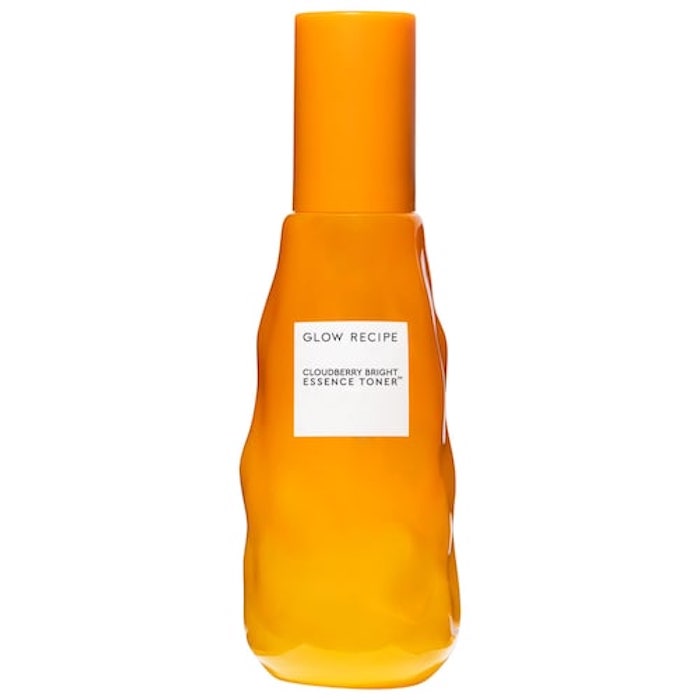
"The inclusion of cloudberry, coenzyme Q10, and rice water make this toner an effective treatment for hyperpigmentation and improved hydration for a brighter complexion," Camp says.
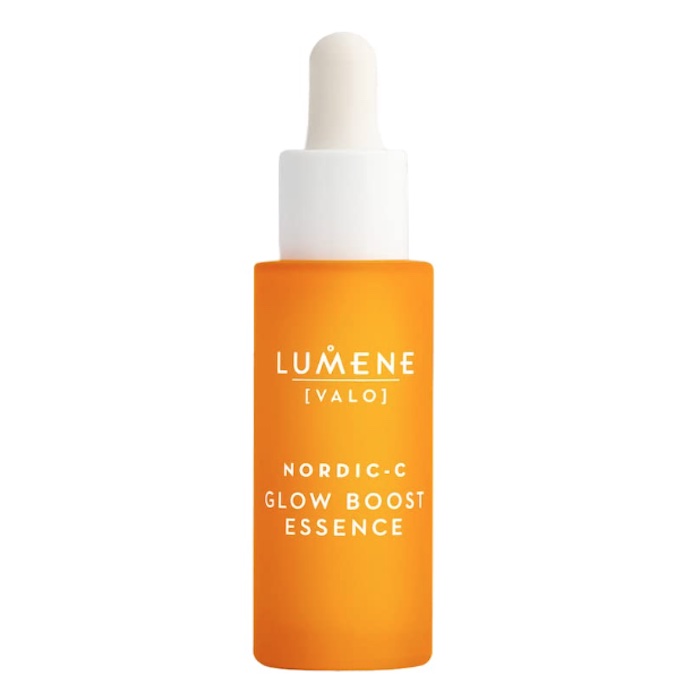
"Prepared with vitamin C, cloudberry, and hyaluronic acid, this product leaves skin looking brighter, plumper, and more youthful," Camp says.
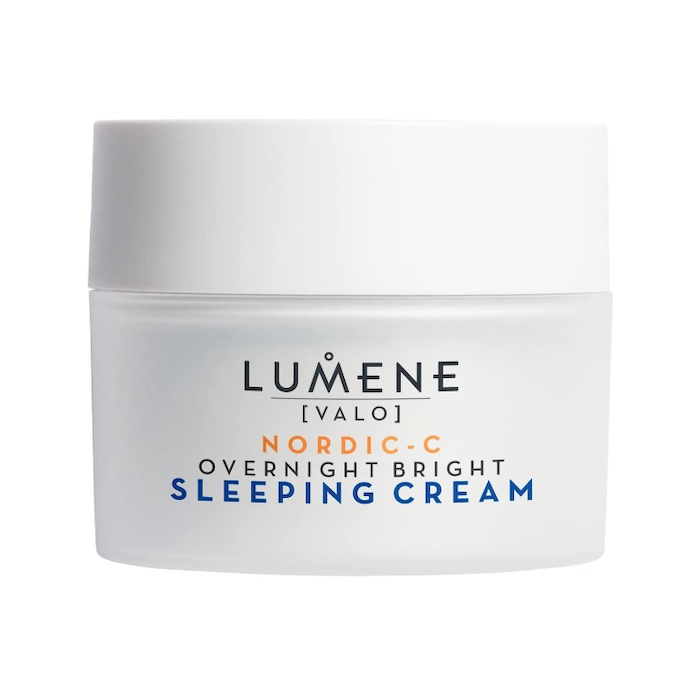
Another product from Lumene, this overnight cream contains cloudberry as well as vitamin A, vitamin B3, and vitamin E to deeply nourish and repair your skin while you sleep. There's even pure arctic spring water and hyaluronic acid for a dose of skin-plumping hydration.
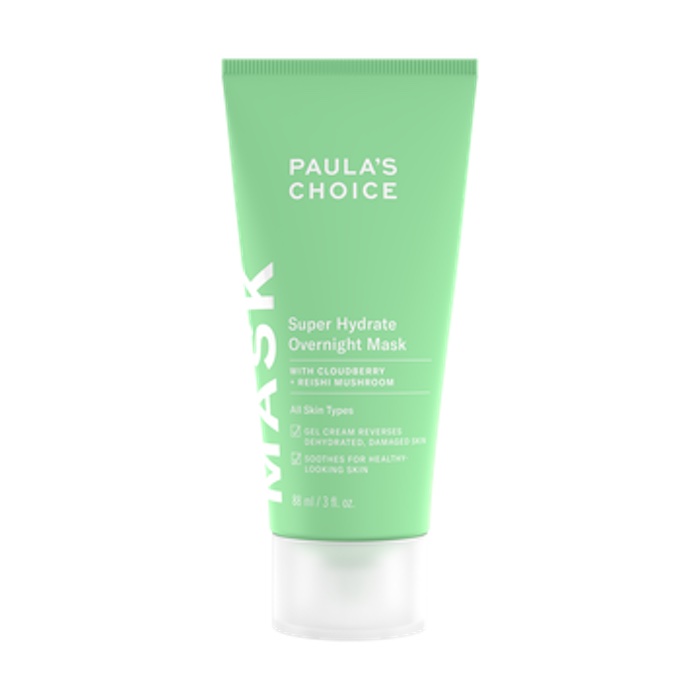
Camp's third and final cloudberry recommendation is this overnight mask. "This hydrating overnight mask contains shea butter and glycerin to repair and replenish skin, as well as antioxidant-rich cloudberry to reduce redness."
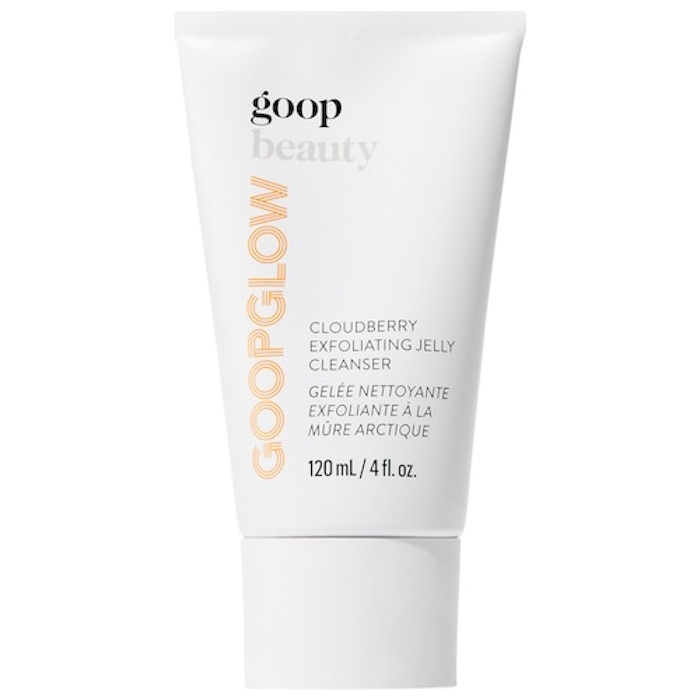
Penzi recommends this cleanser that contains cloudberry as well as tropical fruit enzymes and natural exfoliants from bitter orange peel to slough away dead, dry skin cells.
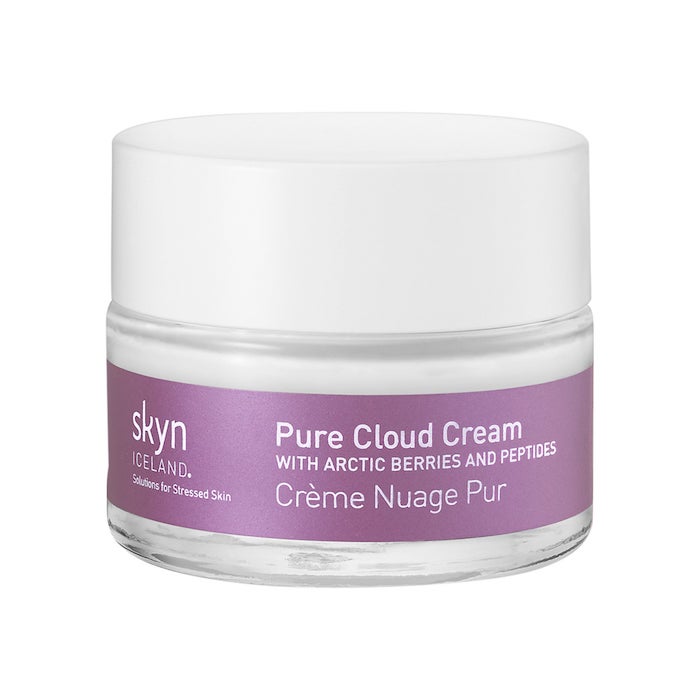
This cream contains cloudberry as well as peptides and sodium hyaluronate to counteract the drying effects of environmental stressors.
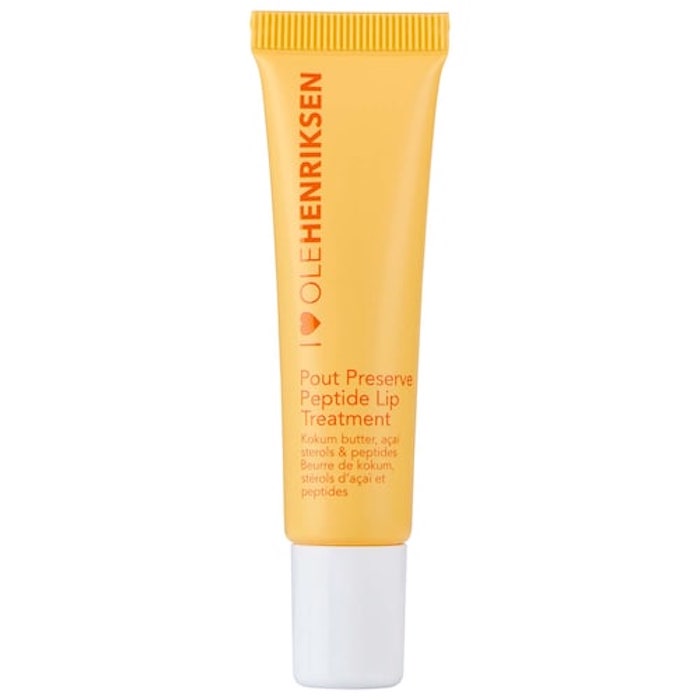
A combo of cloudberry oil, peptides, and mango and kokum seed butters keeps lips soft, comfortable, and moisturized.
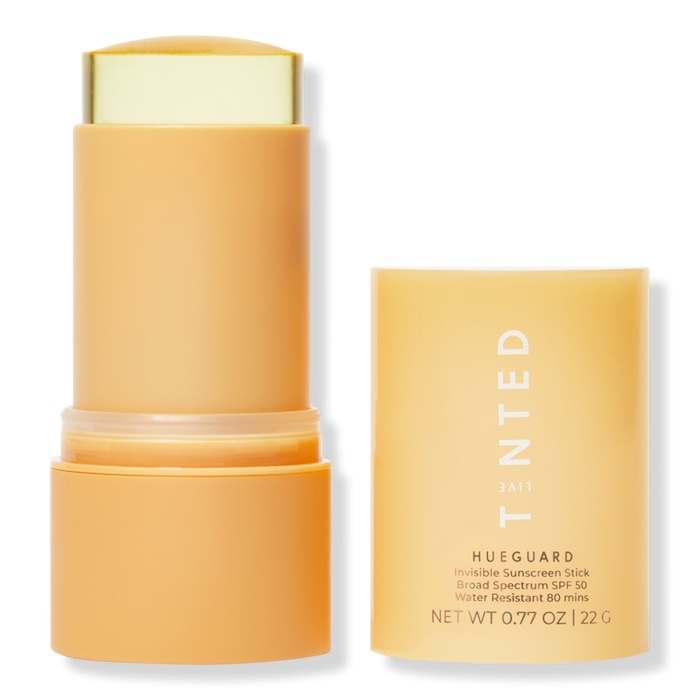
Cloudberry is one of the ingredients that makes this invisible sunscreen stick so hydrating. Did I mention it's water and sweat resistant?
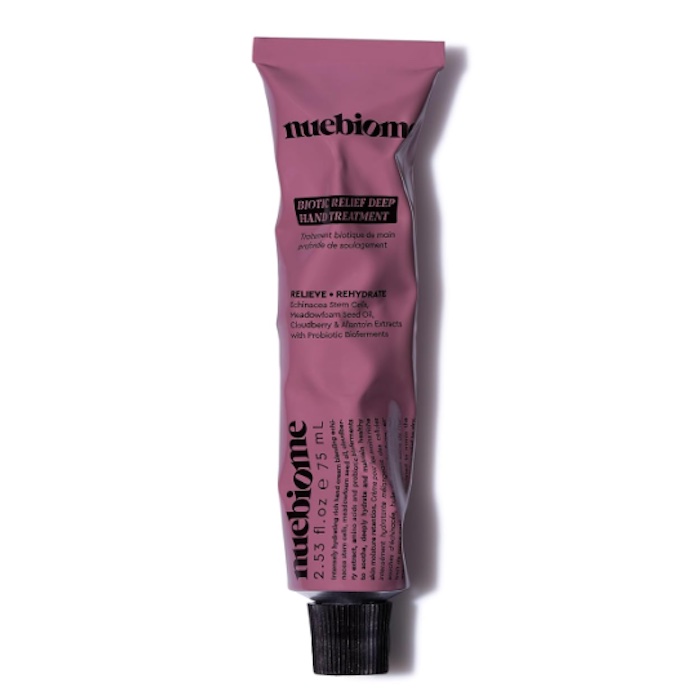
A hand cream that transforms dry skin into soft and supple skin, it contains cloudberry extract as well as amino acids and probiotic bioferments to strengthen the skin barrier.
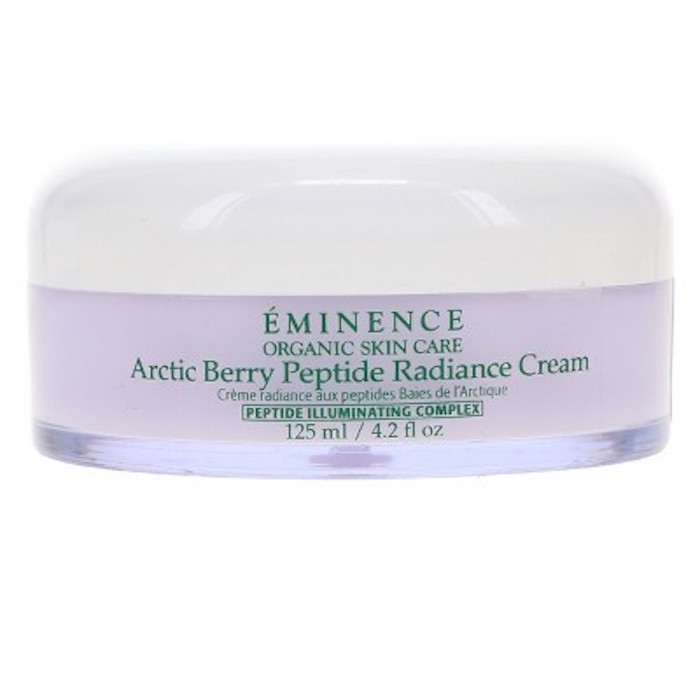
An anti-aging moisturizer as its finest, this cream will seal in moisture and treat and prevent fine lines and wrinkles.

Kaitlyn McLintock is a Beauty Editor at Who What Wear. She has 10 years of experience in the editorial industry, having previously written for other industry-leading publications, like Byrdie, InStyle, The Zoe Report, Bustle, and others. She covers all things beauty and wellness-related, but she has a special passion for creating skincare content (whether that's writing about an innovative in-office treatment, researching the benefits of a certain ingredient, or testing the latest and greatest at-home skin device). Having lived in Los Angeles, California, and Austin, Texas, she has since relocated back to her home state, Michigan. When she's not writing, researching, or testing beauty products, she's working through an ever-growing book collection or swimming in the Great Lakes.
-
 My Friend Asked What to Buy From Amazon—I Sent 30 Chic Fashion, Beauty, and Décor Picks Ahead of Prime Big Deal Days
My Friend Asked What to Buy From Amazon—I Sent 30 Chic Fashion, Beauty, and Décor Picks Ahead of Prime Big Deal DaysThese are too good (and affordable) to pass up.
By Jennifer Camp Forbes
-
 Mandelic Acid Is the Key to Clearing Acne-Prone Skin (Without Extra Irritation)
Mandelic Acid Is the Key to Clearing Acne-Prone Skin (Without Extra Irritation)Here's your guide to the ingredient.
By Kaitlyn McLintock
-
 Why Coenzyme Q10 Might Be the Sneaky Ingredient Your Skin Needs This Winter
Why Coenzyme Q10 Might Be the Sneaky Ingredient Your Skin Needs This WinterIt's so protective.
By Katie Berohn
-
 I'm a Beauty Editor—9 Products I Always Restock (and 3 I Retire) for Winter
I'm a Beauty Editor—9 Products I Always Restock (and 3 I Retire) for WinterIt's about time I switch things up.
By Valeriya Chupinina
-
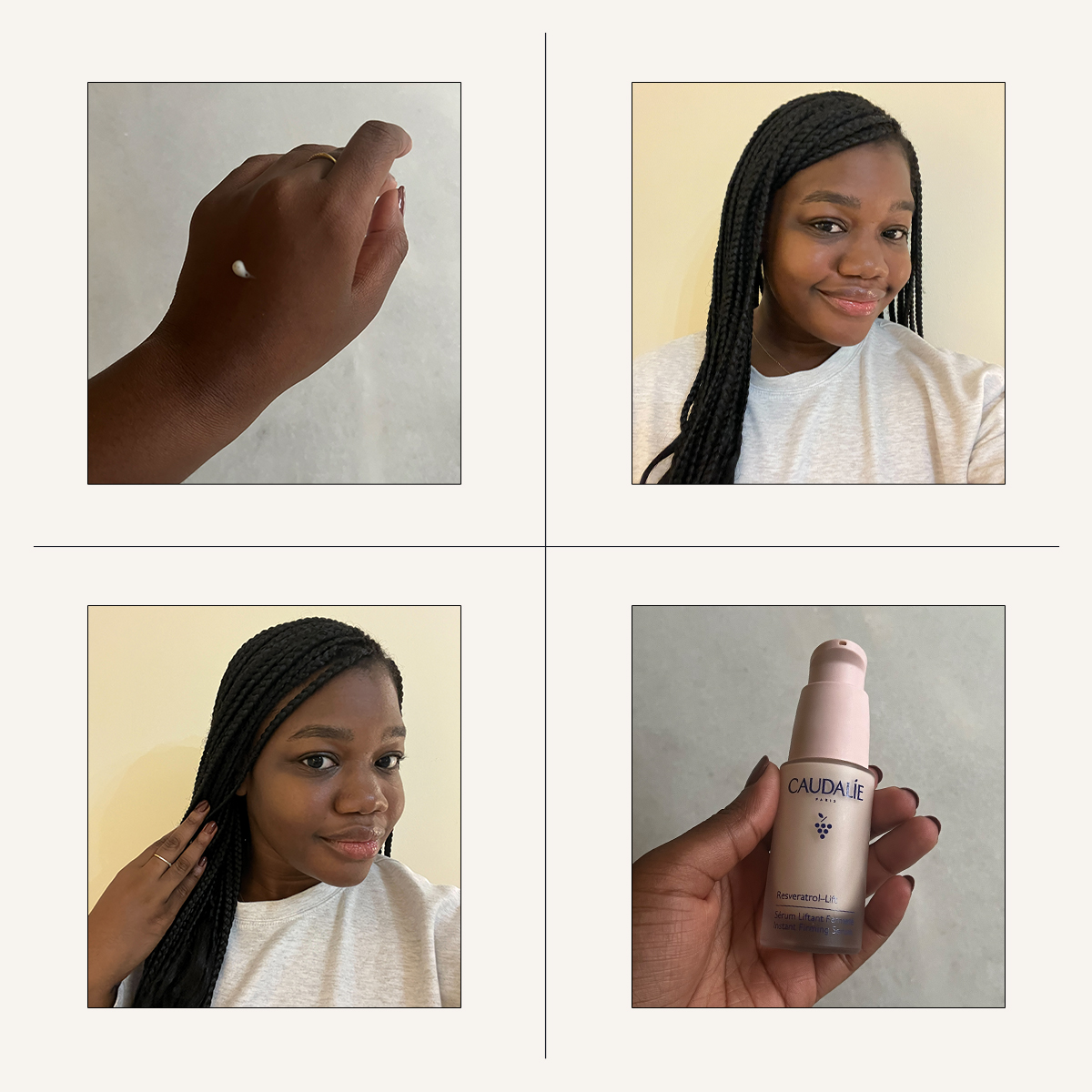 This TikTok-Viral Serum Gave My Ultra-Round Face Cheekbones for Days
This TikTok-Viral Serum Gave My Ultra-Round Face Cheekbones for DaysIt works wonders.
By Maya Thomas
-
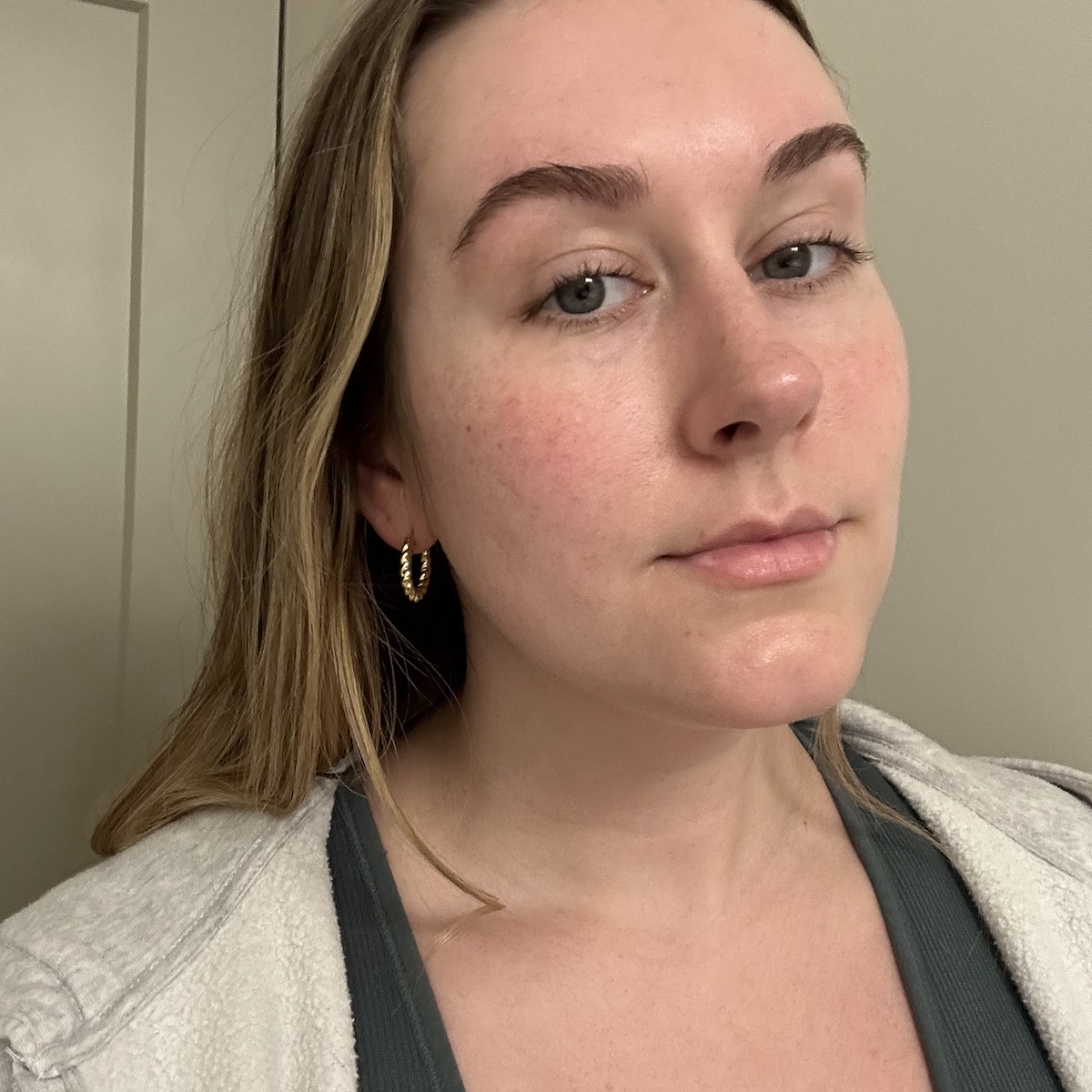 If You Like Waking Up to Plump, Glowing Skin, Don't Sleep on This Overnight Mask
If You Like Waking Up to Plump, Glowing Skin, Don't Sleep on This Overnight MaskGet better skin by morning.
By Kaitlyn McLintock
-
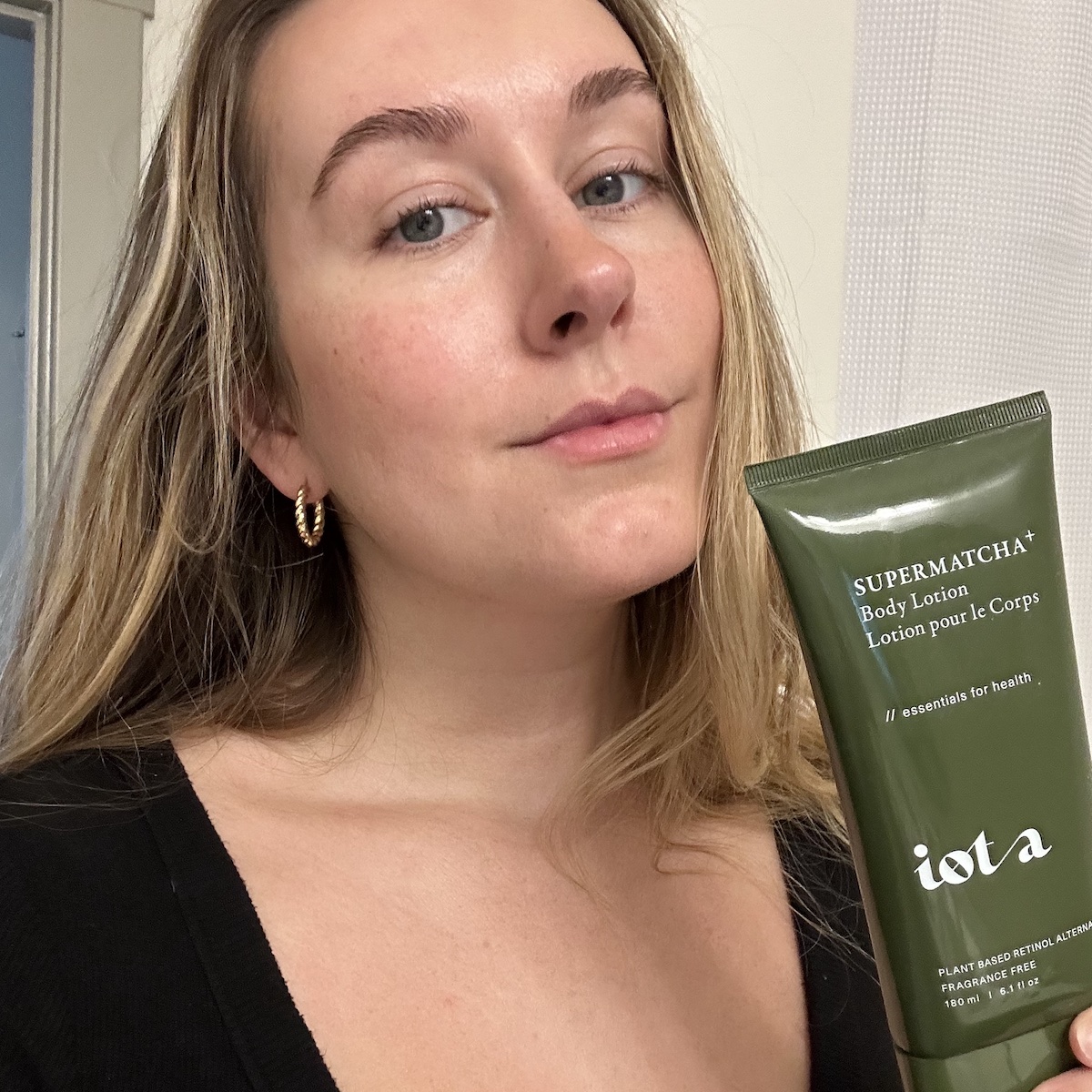 After 3 Weeks, I Swear This Matcha-Spiked Body Lotion Gave Me Firmer Skin
After 3 Weeks, I Swear This Matcha-Spiked Body Lotion Gave Me Firmer SkinIt's my new favorite.
By Kaitlyn McLintock
-
 This Low-Key Ingredient Might Be Better Than Vitamin C—Here's What Derms Say
This Low-Key Ingredient Might Be Better Than Vitamin C—Here's What Derms SayAdding to my routine ASAP.
By Shawna Hudson
